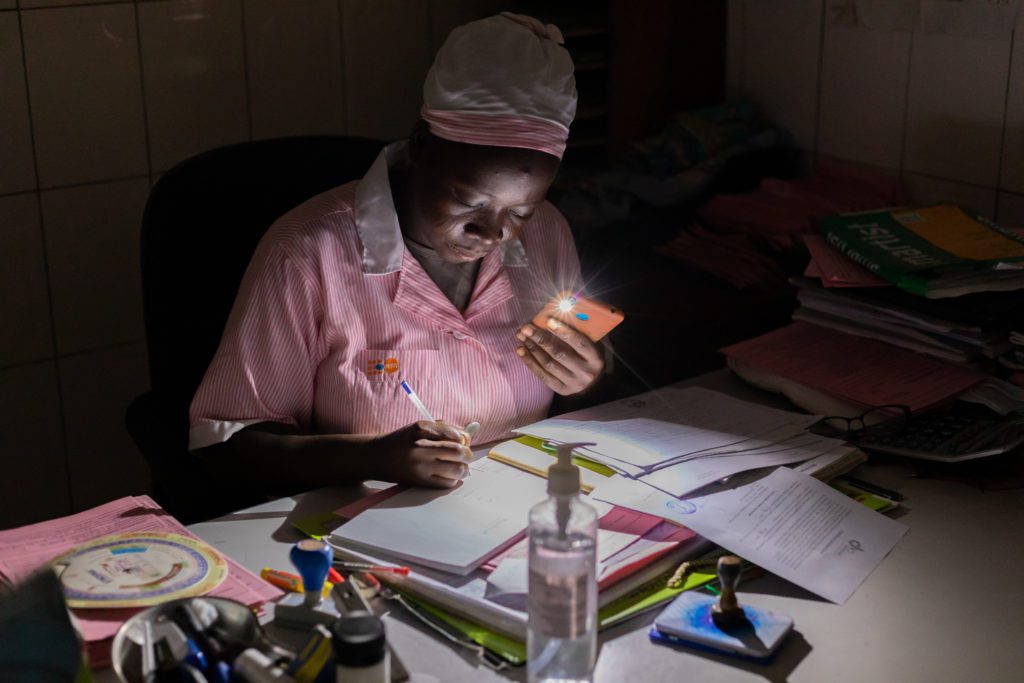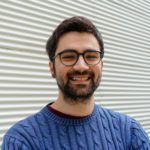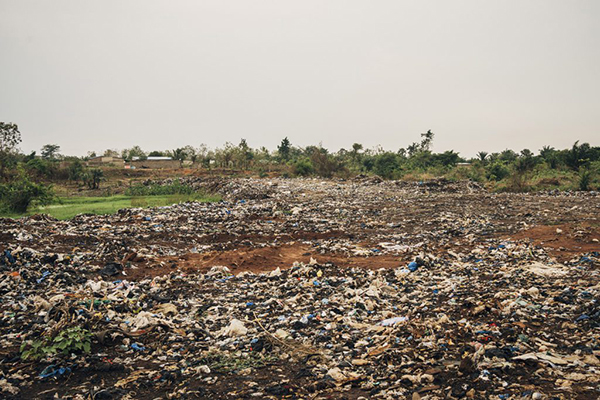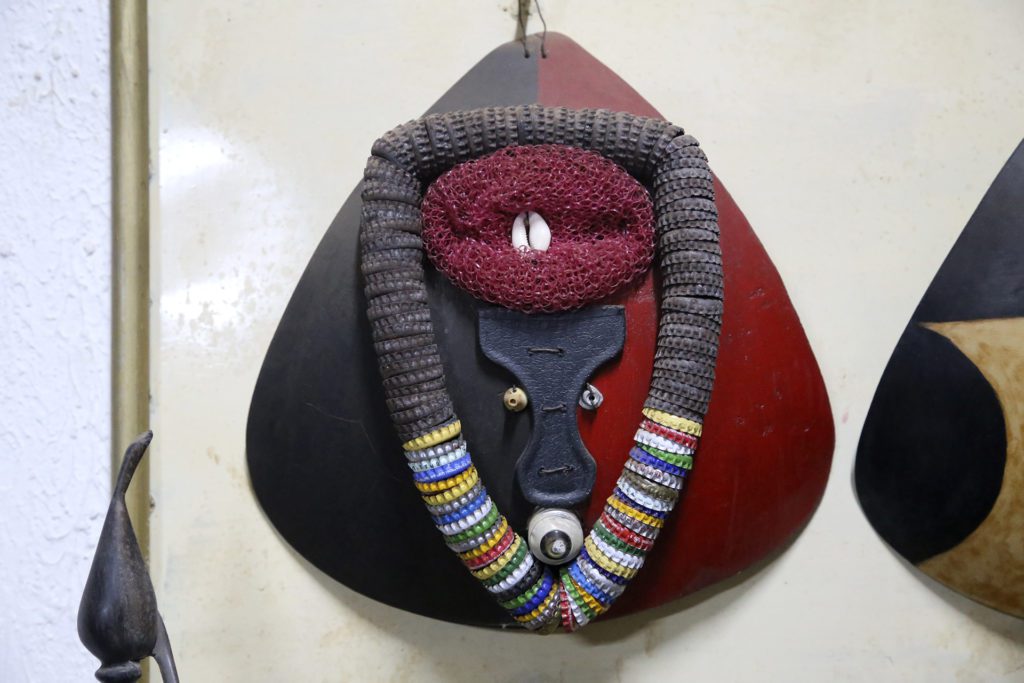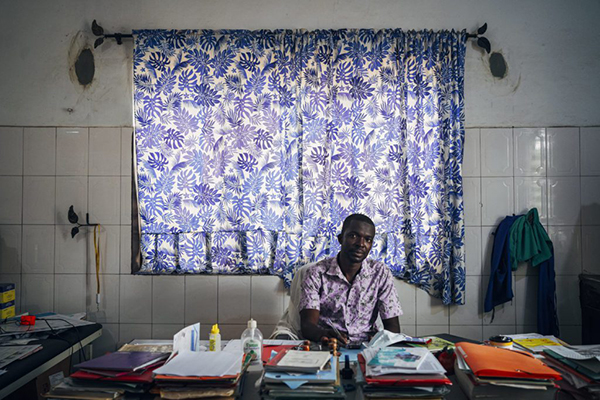A commitment to working to reduce NTDs in the most impoverished communities in sub-Saharan Africa requires a long-term work vision and that’s how Anesvad works.
The fact that health is a universal right is all the more important to remember in these times of conflict and pandemic. War, political instability, inequity in access to resources, education and health care undermine any effort we make to ensure that everyone can live a dignified life, wherever they are.
Challenged with this difficult context, at the Anesvad Foundation we continue working to improve the right to health of people affected by Neglected Tropical Diseases (NTDs) in the most impoverished regions of sub-Saharan Africa – and we do this work with a long-term vision and strategy.
Why do we focus on the right to health in the long term?
NTDs pose a massive economic, social and physical burden. Leprosy, yaws, Buruli ulcer and lymphatic filariasis are chronic skin NTDs that occur mostly in isolated rural communities in sub-Saharan Africa and are the cause of immense suffering. However, all are preventable, even curable with early diagnosis and treatment.
Our strategy is therefore a marathon, not a sprint: we are strengthening the health systems in Côte d’Ivoire, Ghana, Togo and Benin so that they have the tools to tackle these diseases. We detect, research, treat and raise awareness to lift everyone who suffers from neglected diseases out of oblivion, understanding not only the disease, but also the broader social context surrounding these diseases.
WHO roadmap and contribution to the SDGs
The partnership work that we are scaling up to the pan-African level gives us hope that we can contribute even more to the 2021-2030 roadmap set by the WHO to drastically reduce the prevalence of these diseases. We are working on several fronts to achieve the WHO’s objectives:
- We promote comprehensive disease detection and treatment programmes with ministries of health, strengthening public systems.
- We support research that contributes to closing the gaps in scientific understanding of neglected diseases.
- We foster strategic partnerships with civil society, foundations and international networks to improve the social and economic conditions of people suffering from these diseases.
- We involve the private sector in the fight against these diseases through social entrepreneurship.
Likewise, we remain committed to our responsibility for social justice, gender equality and sustainability. All our actions are informed by this awareness, and we are moving forward to do our part to contribute to SDGs 3,5,6,8,10 and 17.
A comprehensive approach to a human rights issue
Everyone should have the right to good health, yet diseases such as NTDs perpetuate the cycle of poverty (both their cause and consequence) and make the fight against inequality unwinnable.
A coordinated approach between different stakeholders is needed to tackle skin NTDs: ministries of health, the World Health Organization, international organisations and civil society need to work together. The role of civil society is important because local organisations often have a different perspective on what is happening in the community, in addition to the understanding of national governments. Non-health stakeholders must also be involved, including people who work in education, nutrition, water and sanitation.
At a central level, governments and health ministries need to make these diseases a financial and logistical priority, the same as they have done for other health issues in the past.
After all, individual well-being and health are central to the development of other human rights.


